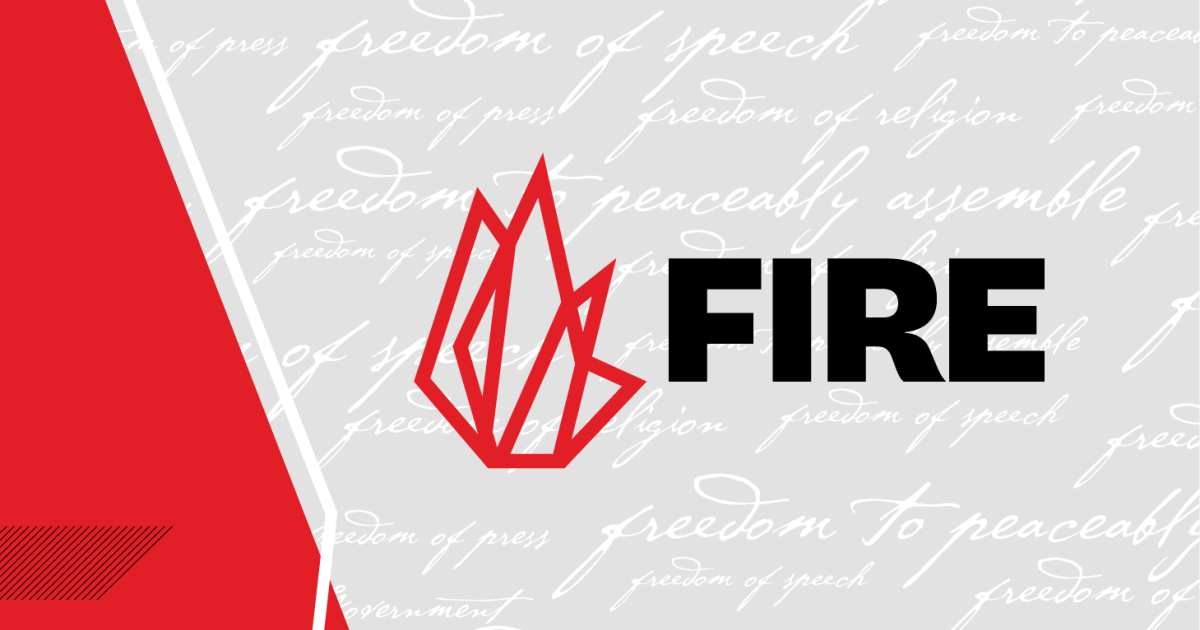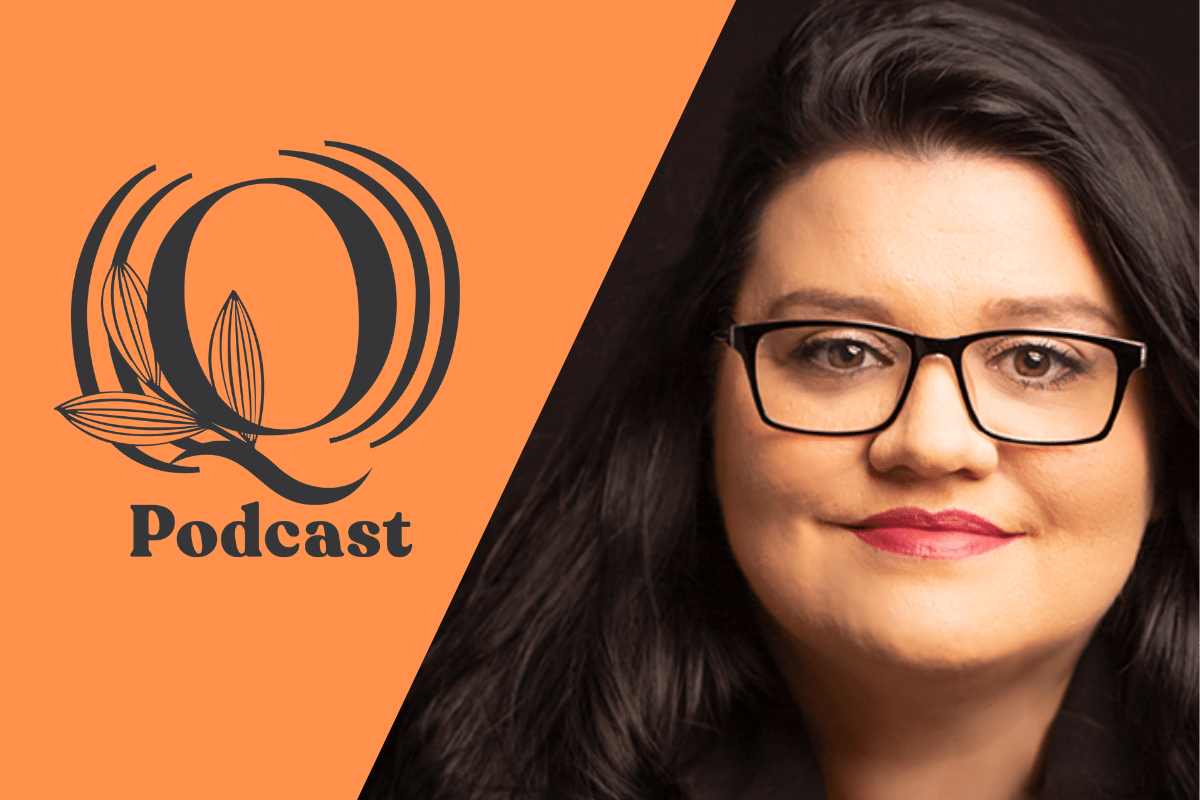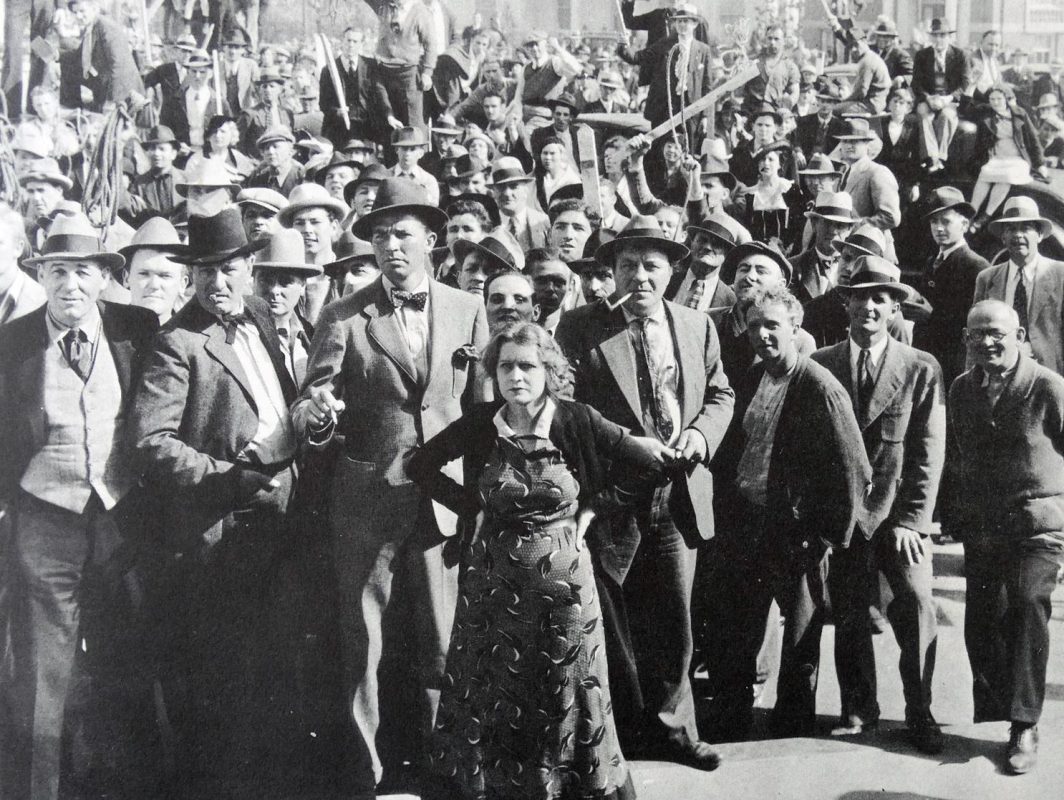Critical Social Justice
Surviving the Woke Workplace
Helen Pluckrose has produced a practical guide to dealing with sticky workplace situations, alongside a clear intellectual account of social justice ideology.

A Review of The Counterweight Handbook: Principled Strategies for Surviving and Defeating Social Justice Ideology—at Work, in Schools and Beyond by Helen Pluckrose, 275 pages, Pitchstone Publishing (June 2024).
No-platformings, de-platformings, and cancellations have been around for decades. They have, however, become more common in the last ten years, with a veritable explosion since June 2020. It’s with this background in mind that Helen Pluckrose founded Counterweight, one of several organisations to emerge in response to the excesses of social justice activism. All tried to help people at the sharp end deal with the novel problem of being disciplined or sacked for their views. Counterweight ended operations in May 2023, but not before giving Pluckrose invaluable experience at the cancellation coalface.
One reason Counterweight could exit the anti-cancellation sector was because there were “other very capable organisations” doing similar work, giving Pluckrose cause for hope. The UK alone produced Sex Matters, the LGB Alliance, and the Free Speech Union (among others). Meanwhile in the US—as the ACLU abandoned its historic raison d’être—FIRE changed both its name and mission, stepping into the First Amendment breach.

Experience—what worked, and what failed—provides a substrate for The Counterweight Handbook. Given that most of Pluckrose’s concerns fall under the aegis of employment law, labour law, or industrial relations, it’s worth highlighting what The Counterweight Handbook is not: it is emphatically not legal advice. While Pluckrose’s guidance overlaps with the advice solicitors or attorneys also provide (she hammers home the importance of meticulous record-keeping and documentation, for example), The Counterweight Handbook is for situations in which litigation is not yet in prospect, might never be in prospect, or may only become necessary a long time hence. It’s a guide to what to do before you pick up the phone and call a lawyer. Do it well enough and—at least some of the time—that phone call won’t be necessary. It is this pre-legal quality that means Pluckrose’s publisher has been able to pitch the book at UK, Commonwealth, US, and even EU audiences—despite different legal systems obtaining across those jurisdictions.

You’ll need The Counterweight Handbook if, for example, your workplace decides to introduce mandatory DEI (diversity, equity, and inclusion) training. DEI training, as Pluckrose points out, is bad enough by itself, but if it’s made voluntary there are more options available for heading it off at the pass. Compulsion alone is a major red flag, and—as she admits—often presages litigation. However, it need not. This individual used a strategy lifted straight from The Counterweight Handbook to bring mandatory training at his workplace to an end. His intervention was so effective that not only was the training made voluntary, but its very presence is now under review.
In addition to advice on workplace training situations, The Counterweight Handbook provides resources for parents whose child comes home from school spouting genderwoo, for junior academics expected to write DEI statements in job and grant applications, and for professional networks who want to organise joint opposition to critical social justice.
Unfortunately, the academic chemist who asked—partly in jest—what DEI has to do with the atomic mass of boron won’t be able to use humour to defeat something that both emerged from the university sector and is now in the process of killing it. Dissident academics are in a worse position than people in the private sector or even the civil service, and their options are far more limited, “especially when the DEI statement will be evaluated according to a Critical Social Justice framework” (which it nearly always is). Pluckrose finishes up recommending a kind of subterfuge she describes as “mirroring.” That is, “telling the truth while masking it “in the language of social justice.” The templates she provides to facilitate this are masterpieces of prevarication and highlight one of the book’s great strengths: it’s full of successful letters. Pluckrose wrote some herself, while Counterweight staff or ordinary members of the public wrote others after approaching the organisation for support.

Some of the sample correspondence is amusing, but most is more serious. One letter—written by an individual Pluckrose says would be described as “a light-skinned black man in the United States and as mixed race in the United Kingdom”—objects to “workplace anti-racism training.” It is a masterpiece of controlled anger, moral courage, and basic decency:
I consider the application of such an ideology in the workplace to not only be inappropriate and wholly dismissive of my agency and achievements but also a source of a great deal of personal trepidation. In addition to my concerns for myself and other non-white employees, it is distressing to know that my white colleagues, for many of whom I have a deep respect and admiration, are being smeared as irredeemable racists by virtue of their skin colour alone.
If you believe, as do Delgado and Stefancic, that minority status brings a presumed competence to speak about race and racism, please listen to me when I use mine to tell you that this never ends well. I’d rather, however, that you considered my argument and not my skin colour when evaluating my competence.
The compromises forced on Pluckrose—precisely because she is addressing audiences across multiple jurisdictions—disclose how little speech protection US employees have compared to Britons and even more so Australians. However, the First Amendment is a bulwark against UK idiocies like “non-crime hate incidents” and misguided Australian policies like the country’s proposed Misinformation Bill. This suggests that the best way to defend freedom of speech would blend the US First Amendment with, say, Australia’s Fair Work Act.
In producing a practical guide to dealing with sticky workplace situations, Pluckrose has incidentally done readers an enormous intellectual favour. Her account of the core ideas behind what many people call “woke” ideology—but which she calls “critical social justice”—is a model of clarity. As her earlier book Cynical Theories shows, Pluckrose has been reading and writing about this stuff for the best part of a decade now. She knows her onions.

Of note are her observations of how critical social justice activists reproduce behaviour common among religious fundamentalists:
Because they believe so strongly in their own ideas that we are all socialized into internalizing oppressive power systems, we frequently hear instructions to educate ourselves rather than an argument for their beliefs. It is not considered possible that anybody could have a strong understanding of the Critical Social Justice belief system and still not subscribe to it. This implies that education (i.e., training) is needed until they subscribe to it. This type of posturing is typical of zealots. A certain kind of religious believer is prone to telling people to read their holy texts if they don’t share their faith, saying they couldn’t possibly have understood them properly if they still don’t believe in the faith and must study (or pray) more.
Office gossips and interfering moral busybodies have a new and exciting role in social justice world, too: they can become problematisers. Problematisers are “committed and knowledgeable” critical social justice activists with the ability to take ideologically motivated nit-picking to the next level. “Something that is not clearly racist or sexist can still be considered ‘problematic’ in relation to race, gender, or sexuality,” Pluckrose comments. Problematising soon turns into bullying, as one toe-curling account of how an individual of one race was treated after asking an individual of a different race out on a date demonstrates. In this case—although it did not offend the object of his romantic interest—the office problematiser was offended. This person proceeded to pop up and make smart remarks on the way he spoke to any colleague from a race unlike his own, every time he did so.
Pluckrose opposes outright state-enacted bans of critical social justice ideology—especially in universities; she concedes that schools are more complex—but she also points out that a vast quantity of nonsense is being “taught as though it is true,” something to which she admits she has no good policy response. “There are now many people in their twenties who are genuinely unable to distinguish between Critical Social Justice ideas and just being a good person, and who may be entirely unfamiliar with the rest of the world of political and philosophical thought,” she says. When these individuals are sacked themselves—and Pluckrose does think it’s a matter of when, not if, given that wokery has alienated and angered so many people—they’re likely to misunderstand what’s happening to them and why.
Going to an employer behind an individual’s back with the intention of getting him sacked for his views is classic female-typical relational aggression. As women have entered and even come to dominate many professions, this behaviour has become far more common than it used to be. This may require a legislative response—remembering that male-typical workplace sexual harassment was only curbed historically thanks to a combination of expensive civil litigation (and accompanying damages payouts) and criminalisation. Australian legal scholar Professor Katy Barnett argues (in this magazine) that civil liability should attach to the behaviour, and it’s likely that a mix of approaches—including Counterweight’s, but also those of organisations like FIRE and the Free Speech Union, plus legislation—will be necessary.

Until that eventuates, The Counterweight Handbook is practical and helpful: deploy when needed. However, it also documents the strangeness of the world we have made for ourselves, a world where the Joseph McCarthy style of political disagreement has become far more acceptable than it ought to be.
It’s become necessary to point out that people in an office on any given day are going to have different political and religious beliefs. Black people are as ideologically and religiously diverse as white people and if you treat them as an intellectual monolith, you’re probably a bit racist. Also, it’s fine if you prefer your work colleagues not to know your sexual orientation or what you think of the Cass Review. Invisible systems of power and privilege only known to the anointed are about as real as angels—or demons. Meanwhile, if you can get someone fired for expressing their opinion, you’re not the oppressed. You’re the oppressor.

None of this is difficult or obscure. It represents the hard-won common sense of three hundred years of classical liberalism. And yes, it feels odd to write two thousand words stating the bleeding obvious, which is what I’ve just done here. Mind you, Pluckrose has had to write an entire book doing the same thing. I admire her work, but I don’t envy the turgid drivel she’s had to ingest to produce it.






